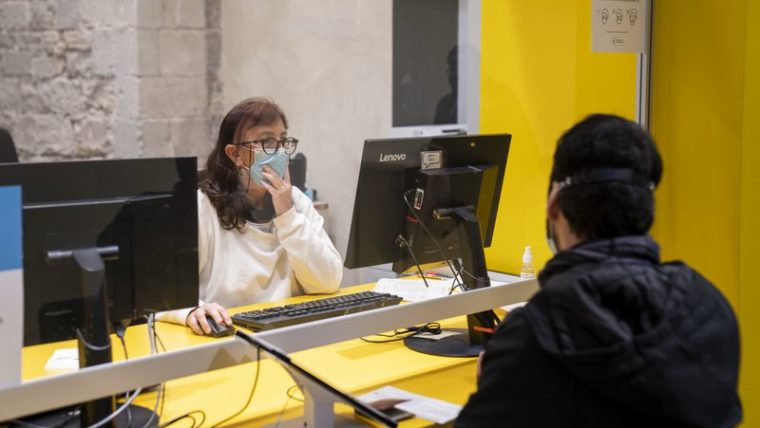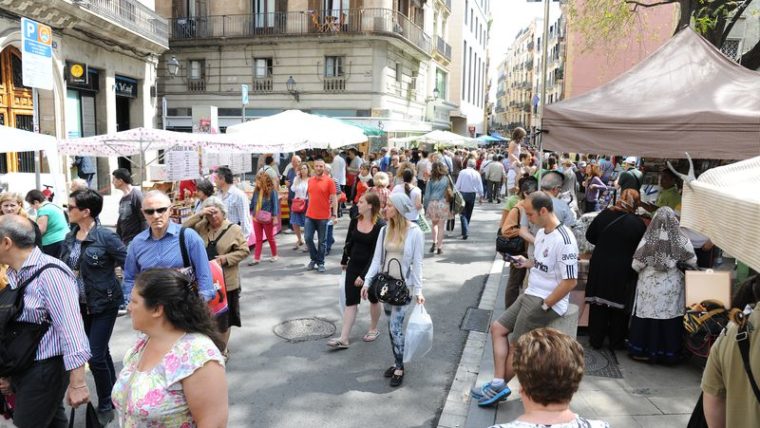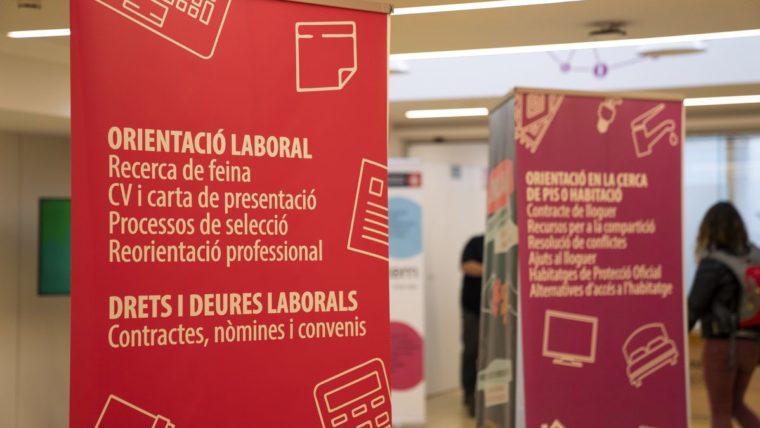Greater cultural and linguistic diversity in public tendering for municipal services
The City Council approves an instruction for special conditions in the clauses detailing public contracts, so that companies submitting bids use staff with more varied cultural and linguistic knowledge. The idea is for staff employed through public contracts for municipal services to reflect the huge diversity of people in Barcelona.
The special conditions will mainly be applied according to criteria on territories, and according to the profile of those who use the services in question. In public contracts for services for particular territories, the process will take into account the different origins of people officially residing there. In the case of contracts for services according to types of user, the percentage of foreign users will be taken into account.
Where this figure is between 25% and 40% the percentage of workers with different cultural or linguistic knowledge must be at least 20%. If the percentage is above 40%, companies will have to allow for 30% of their workers to provide cultural and linguistic diversity. In areas where the figure is below 20%, this clause will be optional.
Staff can demonstrate this knowledge through an identity document, supporting documents accrediting studies in other countries, official qualifications in languages or academic subjects in the country of origin. Temporary stays in other countries will also be valid where accredited, as will work experience in other countries etc.
Barcelona Interculturality Plan 2021-2030
The measure comes within the context of the Barcelona Interculturality Plan 2021-2030, which seeks to redress the low representation of professionals with knowledge of different cultural contexts when it comes to the municipal workforce. Data for the city in 2021 show that 29% of the population officially residing here were born in other countries, whereas these people account for just 1.8% of the municipal administration.
This is a sign of a divide that can act as a barrier, as there are people who do not gain work with municipal services because of difficulties relating to cultural and linguistic differences.








